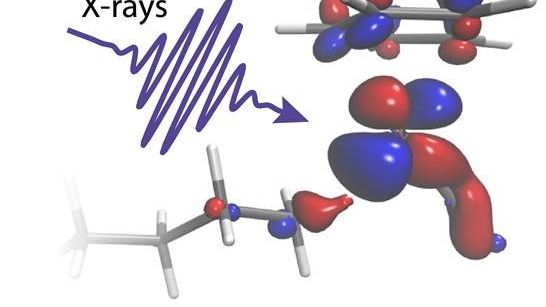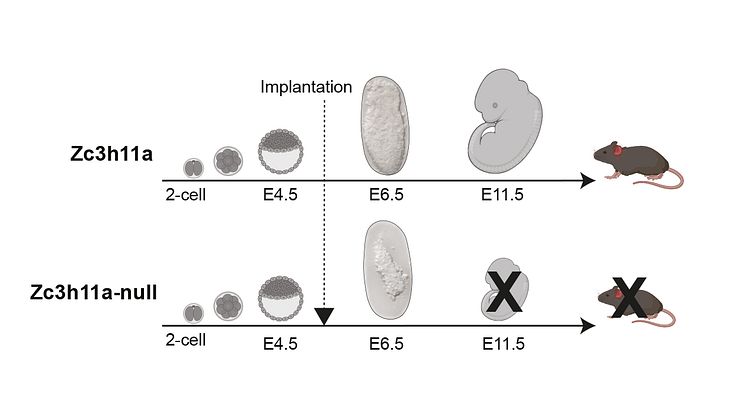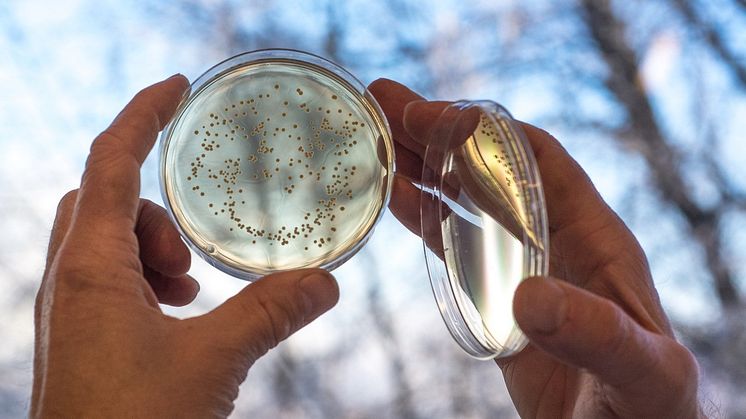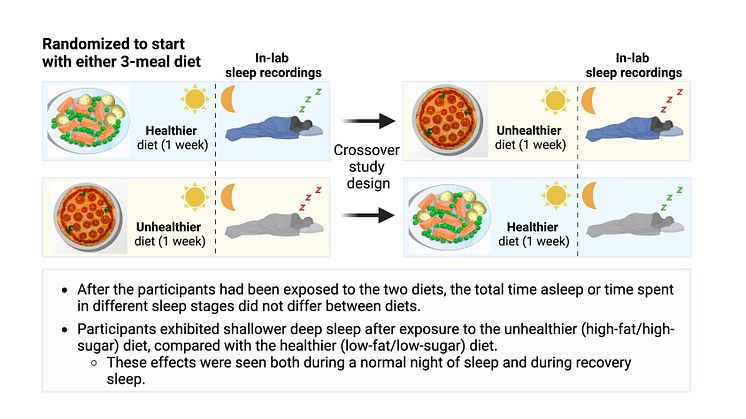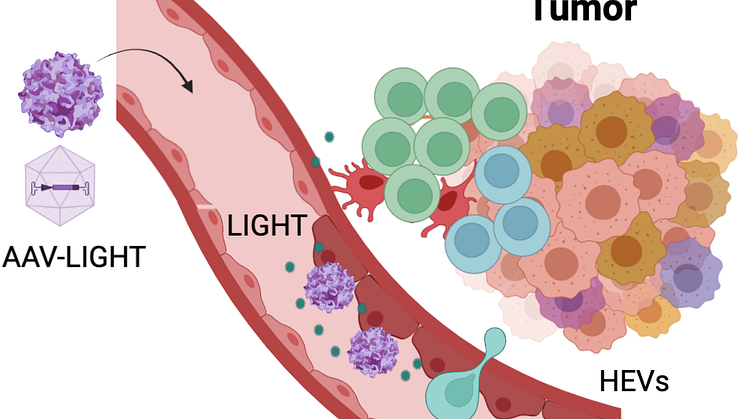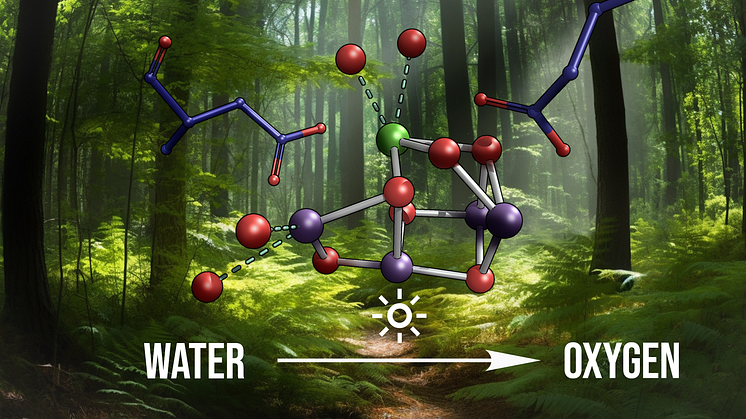New study links contraceptive pills and depression
Women who used combined contraceptive pills were at greater risk of developing depression than women who did not, according to a new study. The pills increased women’s risk by 73 per cent during the first two years of use. “Since we only investigated combined contraceptive pills in this study, we cannot draw conclusions about other contraceptive options", says leading researcher Uppsala University
